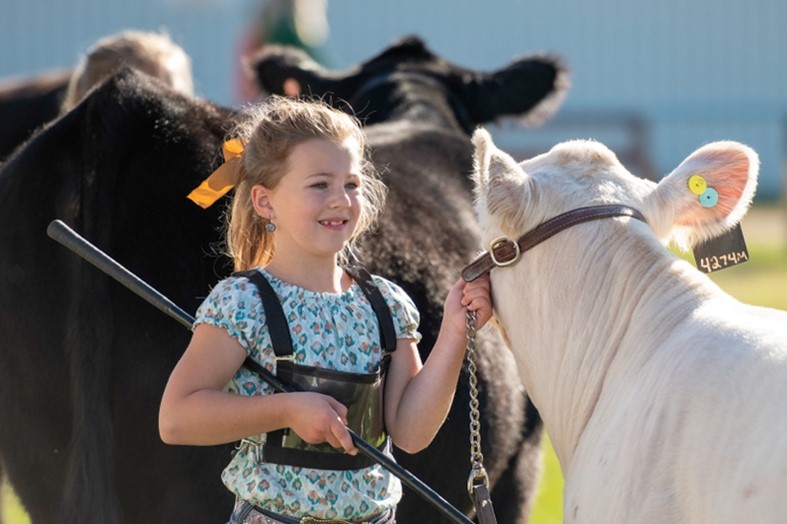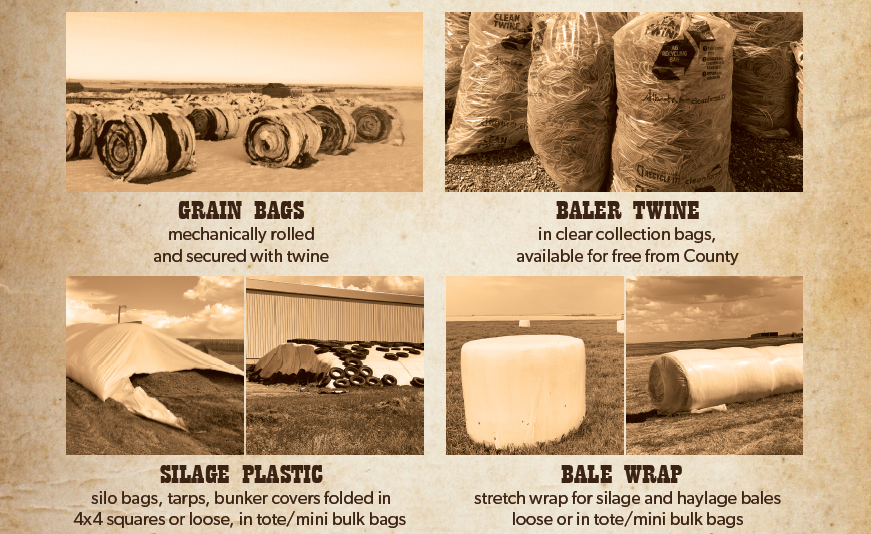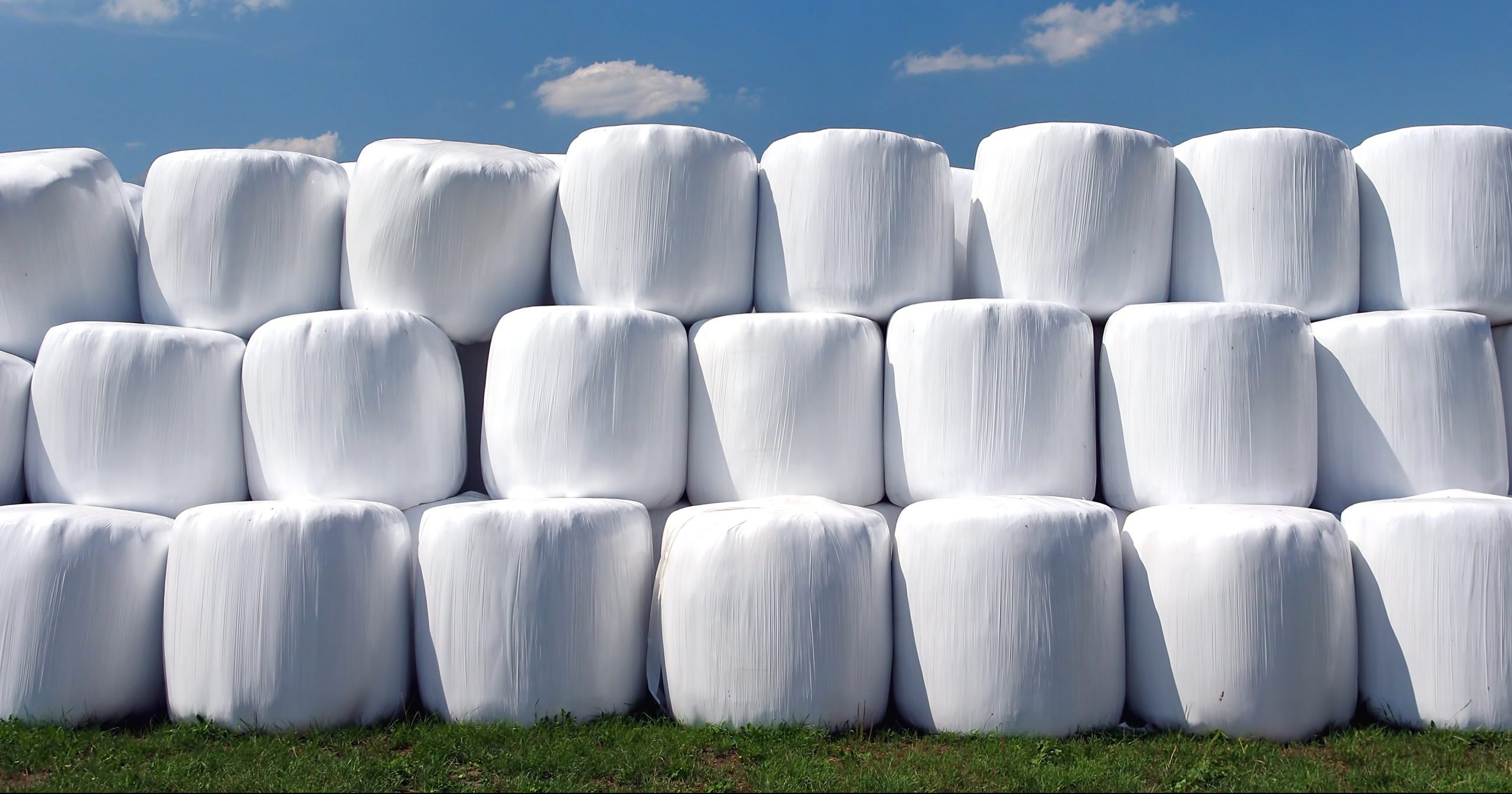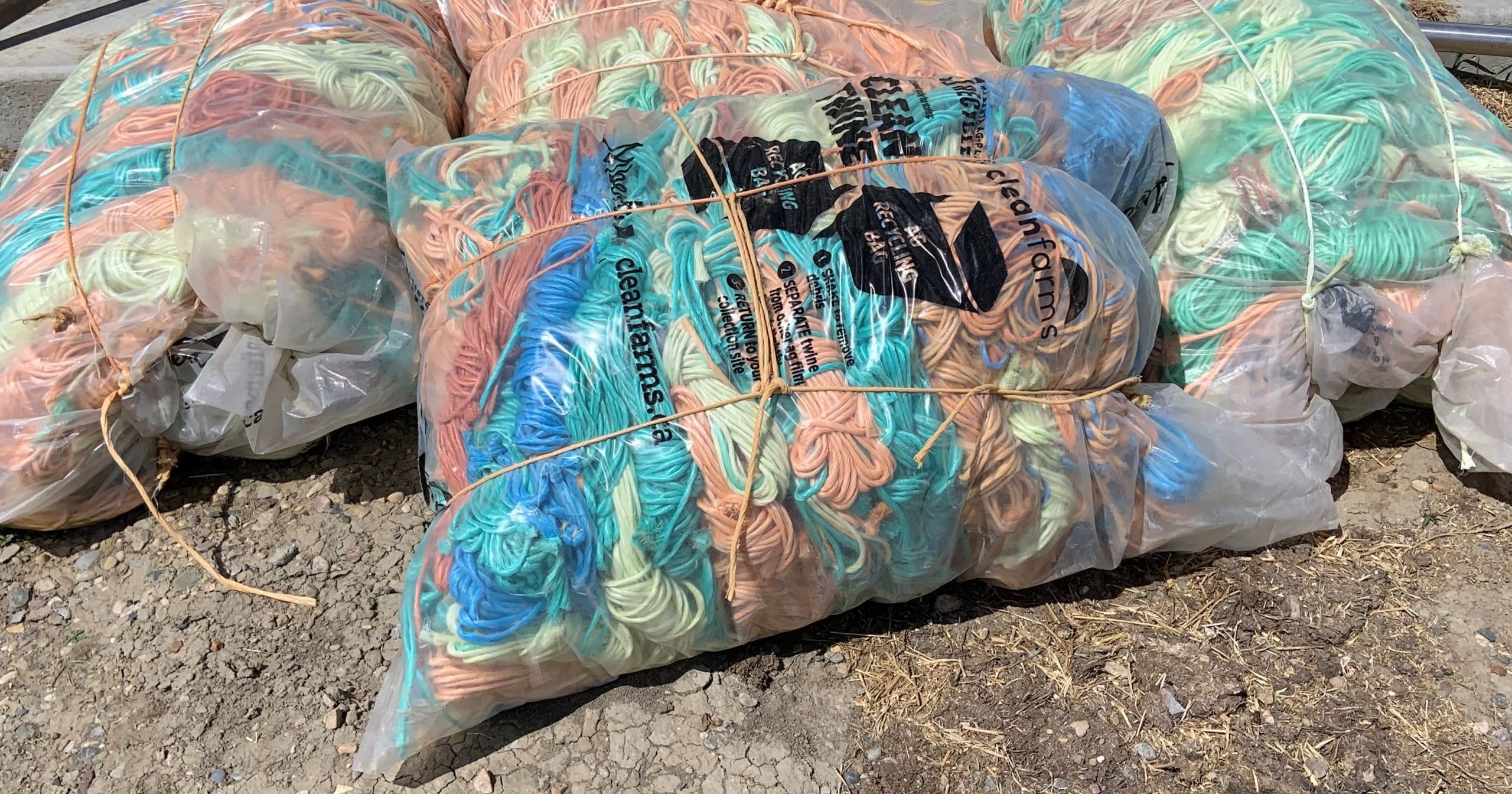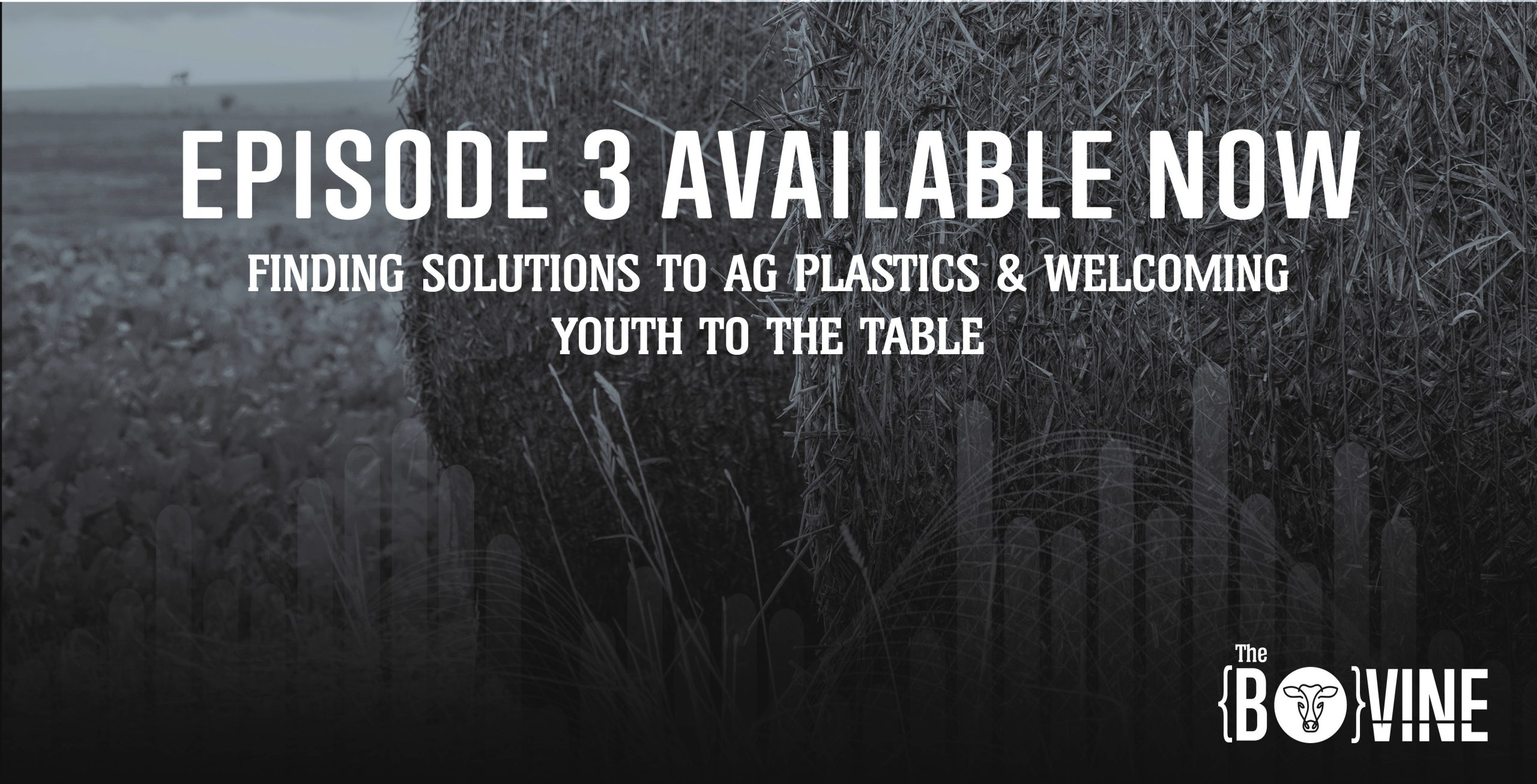AB Direct - Steers
Rail: 463.00-470.00 del
AB Direct - Heifers
Rail: 463.00-470.00 del
US Trade- Steers
Rail: 335.00-345.00 (NE, IA)
US Trade - Heifers
Rail: 335.00-345.00 (NE, IA)
Canadian Dollar
0.67
ABP launches Young Creators contest
Editors note: The contest deadline has been extended from February 24th to March 7, 2025. Unleash Your Creativity! Alberta Beef Producers (ABP) is excited to introduce the Young Creators contest, an opportunity to showcase your creativity, passion, and knowledge of the beef industry! With tailored challenges and amazing prizes, this contest is designed to inspire…
The Great Twine Round-Up comes to Alberta with $12,000 in total cash prizes
Cleanfarms, in partnership with the Agricultural Plastics Recycling Group, is excited to announce the launch of ‘The Great Twine Round-Up’, a new province-wide initiative designed to promote used plastic baler twine recycling. This exciting contest offers substantial cash prizes to the winners’ 4-H club or district or an Alberta-based nonprofit organization or charity of their…
Alberta Ag Plastic. Recycle It! program extended until December 2025
Alberta farmers can continue to recycle their grain bags and twine thanks to a recent extension of the successful Alberta Ag Plastic. Recycle It! pilot program. Cleanfarms, the non-profit organization operating the program, is excited to announce that it will continue until the end of 2025. This marks the second extension of the program, which launched in October…
It’s official – seed, pesticide, and inoculant bag recycling is here to stay!
For several years, Prairie farmers have been keenly participating in Cleanfarms’ seed, pesticide, and inoculant (SPI) bag recycling pilot project in search of more environmentally friendly alternatives for managing these items once empty. Starting in 2023, Cleanfarms is pleased to announce that SPI bag recycling is launching across the prairies as a full-time permanent program…
Agricultural plastics recycling roundups coming this spring
Cleanfarms and the Agricultural Plastics Recycling Group are hosting a series of free ag plastics recycling roundups throughout Alberta this spring. Clearwater County: Starland County: Lac La Biche County: Items accepted for collection: grain bags, twine, bale wrap, and silage plastic. All other materials (e.g. barbed wire, wood, empty chemical containers, used oil, tires, etc.)…
Compactor presses proving useful to manage on-farm used silage and bale wrap plastics
Many beef and dairy producers in Alberta protect livestock feed by covering it with special plastic film widely used in agriculture today. Whether it’s silage bags or tubes, large tarps that cover the top of the silage piles, or plastic stretch film used to wrap hay bales, once the plastic is removed and no longer…
Alberta municipalities passing torch – chem container recycling moving to ag retailers
Recycling agricultural plastic pesticide and fertilizer containers 23L and under – a familiar practice to many Alberta farmers – is being updated. At the request of the Agricultural Service Boards (ASB) that have been offering jug collection services in Alberta, Cleanfarms is moving recycling collection locations from municipalities to local ag retailers. The process is…
‘Alberta Ag-Plastic. Recycle it!’ gaining ground recovering ag plastics for recycling
Farmers in Alberta use about 2,000 tonnes of grain bags and approximately 2,200 tonnes of plastic baler twine annually. These plastic tools are essential in today’s farming operations—grain bags to temporarily store harvested grains, and twine to bind crops for storage and transport. But managing these plastics after use has been challenging for many farmers….
What are you doing with your used twine and plastic?
Plastics are integral to most of our businesses, whether you are wrapping up bales or covering your silage pit. They are cheap, convenient, and resilient, which makes them useful but also difficult to get rid of. In the past, the most common practice for dealing with used ag plastics was to burn it – a…
Alberta grain bag and baler twine pilot sees extension
The ‘Alberta Ag Plastic. Recycle it!’ pilot, originally slated to wrap up in April will now continue until at least the end of August 2023. “Farmers are dedicated stewards of our lands, and this program makes it easier for them to recycle commonly-used items like grain bags and baler twine,” said Minister of Agriculture, Forestry and Rural…
Twine – it’s one of the easiest ag plastics to recycle. Really!
Of all the agricultural plastics on prairie farms, baler twine is one of the easiest to overlook when it comes to a commitment to recycle. Unlike grain bags, which when empty, are a massive amount of plastic laying in the field, baler twine accumulates in smaller bunches, seemingly innocuous, until they start to take over…
The Bovine: Finding solutions to ag plastics and welcoming youth to the table
This episode of The Bovine focuses on two topics relevant to the beef industry — youth involvement in the industry and managing agricultural plastics. For the first segment, host Debra Murphy talks to returning Finance Chair, Brodie Haugan, about his experience as a young delegate. Haugan then takes the host chair to introduce past delegate…




